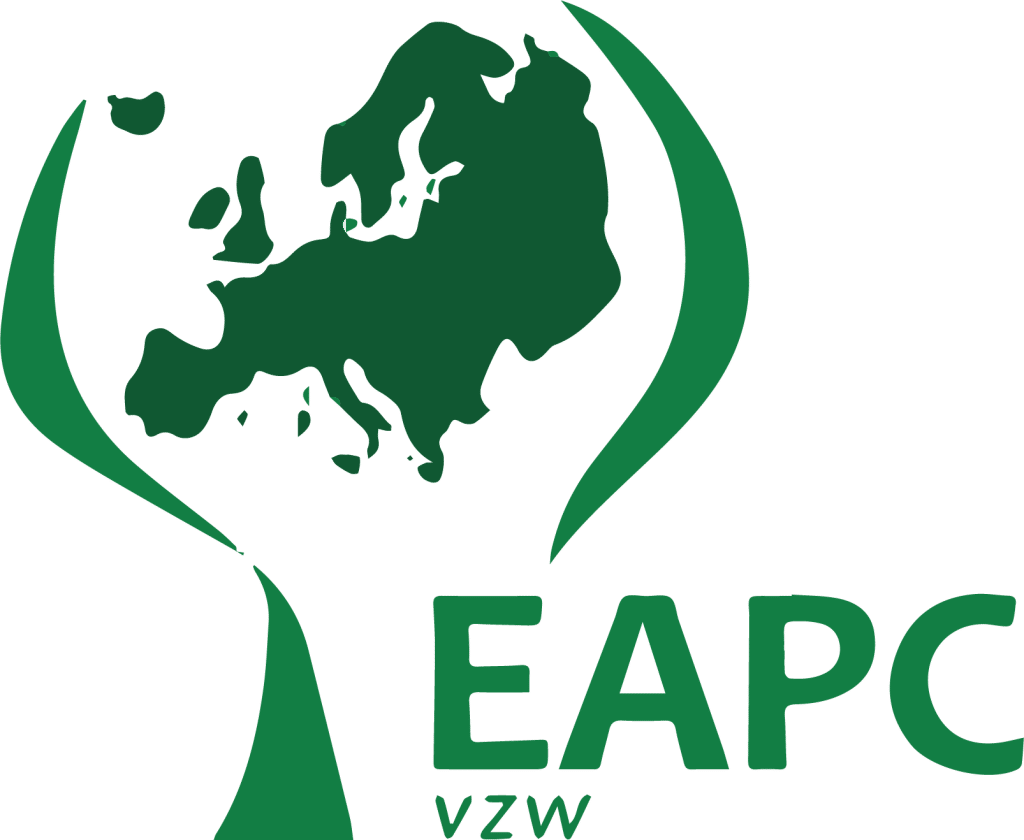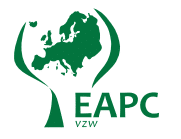EAPC TASK FORCE ON THE DEVELOPMENT OF PALLIATIVE CARE IN EUROPE (2013)
COMPLETED 2013
Background
Over the last decade, Europe has grown to become a unified community that strengthens economic cooperation, political harmony and cultural exchange.
As a consequence of, and in response to this societal phenomenon, the European Association for Palliative Care (EAPC) has included under its organizational umbrella an increasing number of national and regional palliative care associations, and it has represented many more individual members from different countries over the years.
The gaining of knowledge and understanding of the development of programmes to promote end of life and palliative care, and more effective pain relief across Europe has become increasingly valuable to governments and policy makers committed to improving national or regional health care systems.
An opportunity to share information and experience with other colleagues is encouraging to European health professionals interested in approaching end of life care matters in an ever more culturally diverse working environment.
Reliable information on the development and provision of palliative care across Europe, however, remains scattered. For this reason, in June 2003, the EAPC Board agreed to the creation of an official Task Force to research palliative care developments in the European region including all the countries that make up the World Health Organization (WHO) European Region, a total of 52 countries at that time.
Aims and Objectives
The aim of the Task Force is to provide up-to-date, reliable and comprehensive analyses of the development of palliative care within each European country, in order to generate and disseminate an ‘evidence base’ of current provision across the region. This overview of palliative care provision, achievements and challenges provides governments and policymakers with the wherewithal to promote palliative care within the European region; this will, in turn, have a positive impact upon providers of palliative care services in a direct, practical way through an improvement in the development of policy and practice and future service design.
The Task Force has four objectives
- To provide a comprehensive analysis of the development of palliative care in the European region in a manner relevant to the EAPC, to inter-governmental organisations and to national and regional governments;
- To explore the current organisation of hospice and palliative care in Europe considering political and social issues, healthcare policies, and the availability of palliative care resources countrywide;
- To facilitate access to information and communication between hospice and palliative care associations and societies that operate across Europe;
- To aid the identification of key persons who have studied the development of hospice and palliative care in their own settings and who may provide country specific data to assist policy makers, planners and professional associations.
An update in progress
Following a preliminary report in 2004, the initial findings of the Task Force were first presented at the EAPC Research Congress in Venice in May 2006, in the form of a map of specific resources of palliative care in Europe. In 2007, the Task Force produced a set of country reports that documented the existence of palliative care services using a common template to facilitate cross-national and regional comparison. The country reports served as a resource for service development and strategic policy-making initiatives. They also functioned as benchmarks to enable individual countries to ascertain their level of palliative care development compared with others in their region and to track developments over time. The country reports were subsequently published as a European Atlas of Palliative Care, and disseminated via the web pages of the EAPC as well as via links from the web pages of other participating organisations within the Task Force. The EAPC Review of Palliative Care in Europe appeared in 2008, and associated articles were published in peer-reviewed journals. One article examined data on palliative medicine as an area of certified specialisation in the 52 European countries. Another compiled facts and indicators on the development of palliative care in those countries. Two further articles examined barriers to the development of palliative care in both Central and Eastern Europe/Commonwealth of Independent States (CEE/CIS) and Western Europe. These publications have been cited extensively cited in the literature, and the work of the Task Force has also been utilised to compile a technical report for the European Parliament. There have also been numerous presentations of Task Force findings at national and international hospice and palliative care conferences.
A new programme of work
In 2011, the Task Force embarked upon a new programme of work to refine its original methods and to produce updated information on the status of palliative care in each European country. This work is building on lessons learned from the earlier Task Force studies. By further refining the ranking and indicator methodology, and summarizing all the information gathered from each country from the revised Facts Questionnaire and Eurobarometer Surveys, the Task Force will produce:
- A new set of specific EAPC country reports for 53 European countries. Each country report will comprise a summary of the literature in palliative care available in the country, bibliographic information, comments from the ‘boards’ of national associations (or equivalent palliative care organizations), or from ‘expert informants’ in those countries in which national palliative care associations (or equivalent organizations) do not exist, and a summary of the data collected by the country’s ‘key person’;
- A variety of new articles which will be sent to peer-reviewed journals for publication
- An updated palliative care map of Europe, and a Second Edition of the EAPC Atlas of Palliative Care in Europe which will be launched at the 13th Congress of the EAPC in Prague, Czech Republic (30 May–2 June 2013).
Team
CHAIR
Carlos Centeno
Institute Culture and Society
University of Navarra
Spain
Click here to contact by email
MEMBERS
Professor David Clark
School of Interdisciplinary Studies, University of Glasgow, UK
Dr. Javier Rocafort
Laguna Hospital, Madrid, Spain
Dr. Tom Lynch
International Observatory on End of Life Care, Lancaster University, UK
Dr. Oana Donea
Association for Mobile Palliative Care Services, Bucharest, Romania
Partners
From the outset, the Task Force sought to work collaboratively with key stakeholders, individuals, and a number of international hospice and palliative care organisations under the formal auspices of the European Association for Palliative Care (EAPC); EAPC Head Office, the International Observatory on End of Life Care (IOELC), International Association of Hospice and Palliative Care (IAHPC), and Help the Hospices (HTH), together with academic institutions such as the University of Navarra and the University of Glasgow, have provided vital information in identifying national associations, local contacts, and key palliative care workers in each country and region. There has also been close collaboration between the Task Force and other related EAPC Task Forces.
The predominant source of financial support for the Task Force has come from grants provided by the University of Navarra and Government of Navarra from 2006; since 2007, there has been an annual grant provided by the Caja de Ahorros de Navarra (CAN) Foundation. Additional income has been generated from sales of the original EAPC Atlas of Palliative Care in Europe; from the participation of members in a technical report of the European Union; and from the Maruzzi Foundation in Rome for a collaboration involving the EAPC Task Force on Education. Other organisations such as Mundipharma International have provided financial support for the Task Force. In 2012, the Task Force anticipates that its work will be included within the Atlantes Project, a broad programme of research in the humanities, social sciences and palliative care developed by the University of Navarra.

